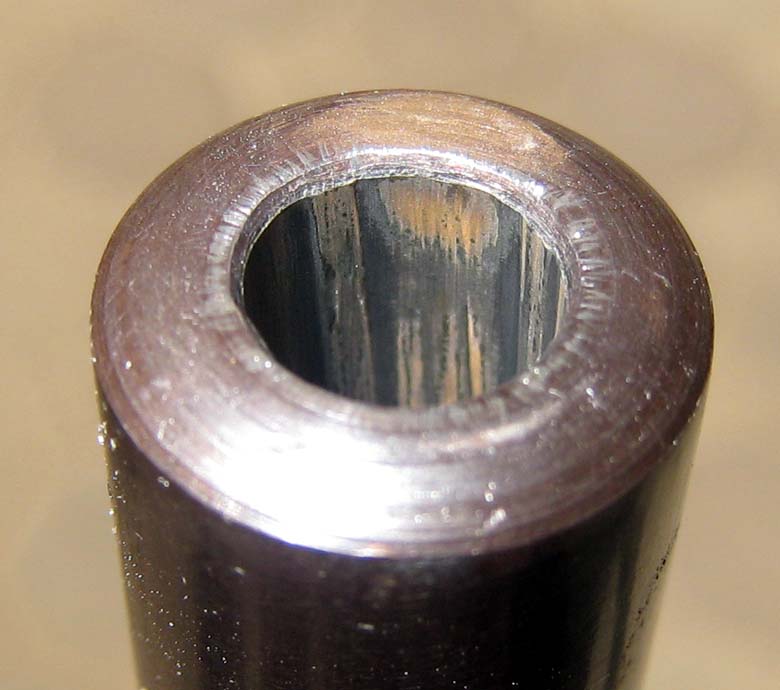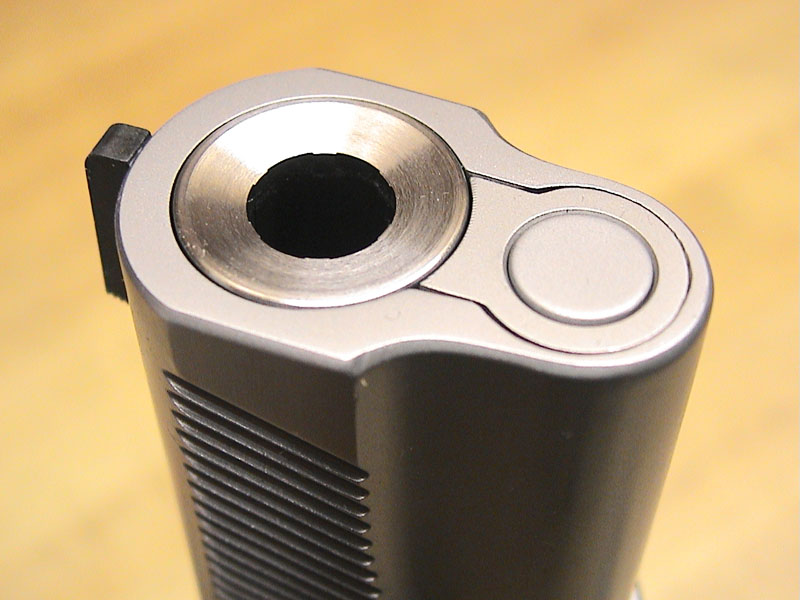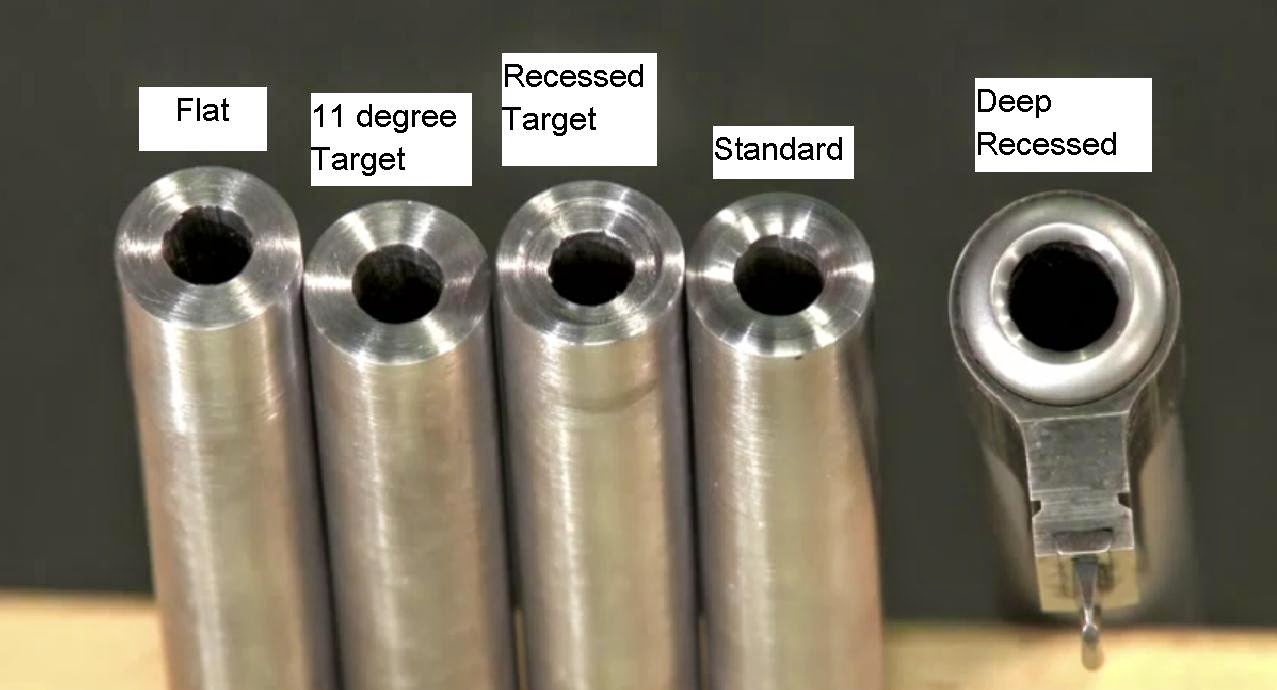What makes one gun louder than another?
Is it the grains of the rounds you're shooting, the way the gun is made, the calibre of the rounds, or something I'm not experienced enough to know to ask about?
The reason for yet another question from me is that I've noticed that the Glock 19 sounds louder than any other gun I have. Even the .45s. So what's making it sound so loud to me? The plastic? Someone at the range asked what the heck I was shooting recently, and when I told them 9mm they seemed a bit surprised. I guess they thought it might be a .45 or something? (Not that the loudness is an issue for me, I like the big boom! LoL.)
I'm sure someone here will be able to answer this for me in short order, and probably with some obscure "thing" I hadn't even thought of! That's why I love you guys/girls.
Thanks.
Is it the grains of the rounds you're shooting, the way the gun is made, the calibre of the rounds, or something I'm not experienced enough to know to ask about?
The reason for yet another question from me is that I've noticed that the Glock 19 sounds louder than any other gun I have. Even the .45s. So what's making it sound so loud to me? The plastic? Someone at the range asked what the heck I was shooting recently, and when I told them 9mm they seemed a bit surprised. I guess they thought it might be a .45 or something? (Not that the loudness is an issue for me, I like the big boom! LoL.)
I'm sure someone here will be able to answer this for me in short order, and probably with some obscure "thing" I hadn't even thought of! That's why I love you guys/girls.
Thanks.






